Uncategorized
-
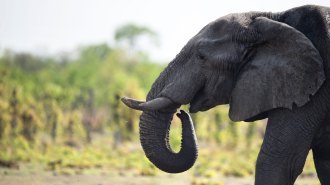 Animals
AnimalsThe mysterious deaths of dozens of Zimbabwe’s elephants has been solved
A bacterium never before identified in elephants or implicated in deadly internal hemorrhaging killed Zimbabwe elephants in 2020, genetic tests show.
-
 Health & Medicine
Health & MedicineThe CDC is expanding its disease surveillance of international travelers
Passengers at four major U.S. airports will now be tested for over 30 pathogens through a mix of wastewater testing and voluntary nasal swabs.
-
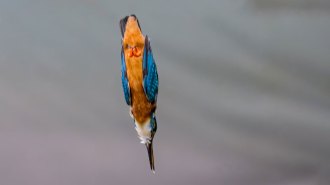 Animals
AnimalsHere’s how high-speed diving kingfishers may avoid concussions
Understanding the genetic adaptations that protect the birds’ brains when they dive for food might one day offer clues to protecting human brains.
-
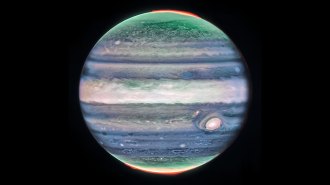 Planetary Science
Planetary ScienceJWST spotted a new speedy jet stream in Jupiter’s atmosphere
Seen in images from the James Webb Space Telescope, the high-altitude feature may help untangle the inner workings of the giant planet’s atmosphere.
-
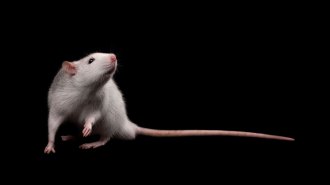 Neuroscience
NeuroscienceIn a Jedi-like feat, rats can move a digital object using just their brain
In a new study, rats could imagine their way through a 3-D virtual world, hinting at how brains can think about places that they’re not physically in.
-
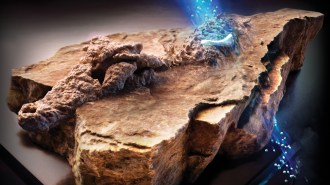 Physics
PhysicsHow neutron imaging uncovers hidden secrets of fossils and artifacts
The technique can complement X-ray scanning and other tools to uncover details of dinosaur fossils, mummies and more.
-
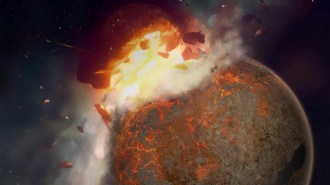
Rock from the impact that formed the moon may linger in Earth’s mantle
When the young Earth and a Mars-sized body collided 4.5 billion years ago, it left behind dense mantle rock that survives to today, a study finds.
By Sid Perkins -
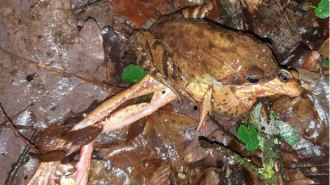 Life
LifeFaking death lets some female frogs slip the mating grip of a male
Suddenly looking dead, grunting like a guy or vigorously rotating can help female frogs survive mating balls in species with aggressively grabby males.
By Susan Milius -
 Plants
PlantsOn some Australian islands, sea level rise may be helping mangroves thrive
Rising seas usually spell trouble for mangroves. But the first survey of the Howick Islands in 50 years finds that mangroves there have expanded a lot.
-
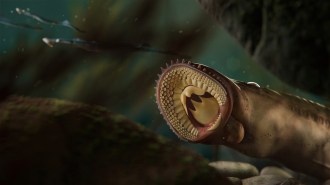 Paleontology
PaleontologyNewfound fossil species of lamprey were flesh eaters
In China, paleontologists have unearthed fossils of two surprisingly large lamprey species from the Jurassic Period.
-
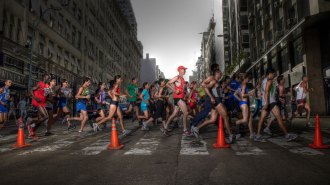 Health & Medicine
Health & MedicineBrain tissue may be fuel for marathon runners
Myelin, fatty tissue that insulates nerve cells in the brain, may be a renewable energy source for marathon runners and other endurance athletes.
By Meghan Rosen -
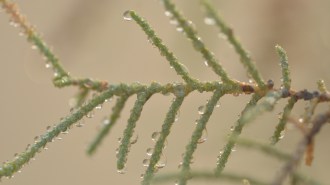 Plants
PlantsSalty sweat helps one desert plant stay hydrated
The Athel tamarisk excretes excess salt through its leaves. The buildup of salt crystals pulls water directly from the air, a study reports.